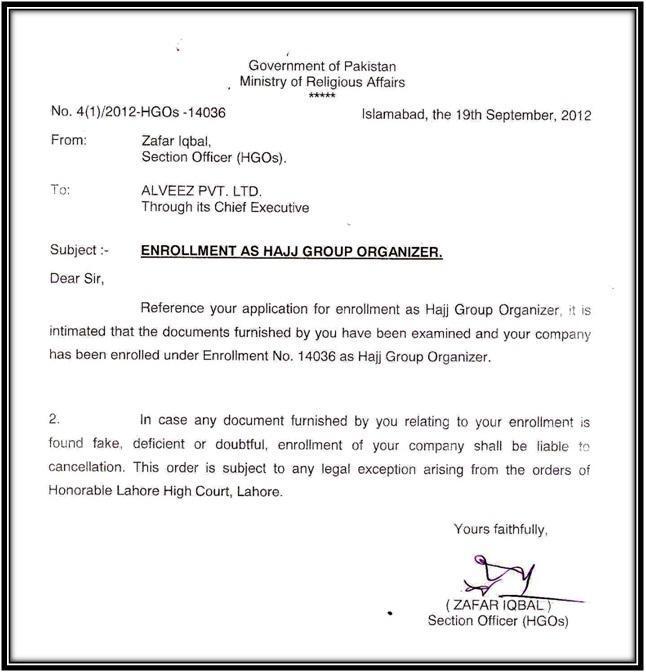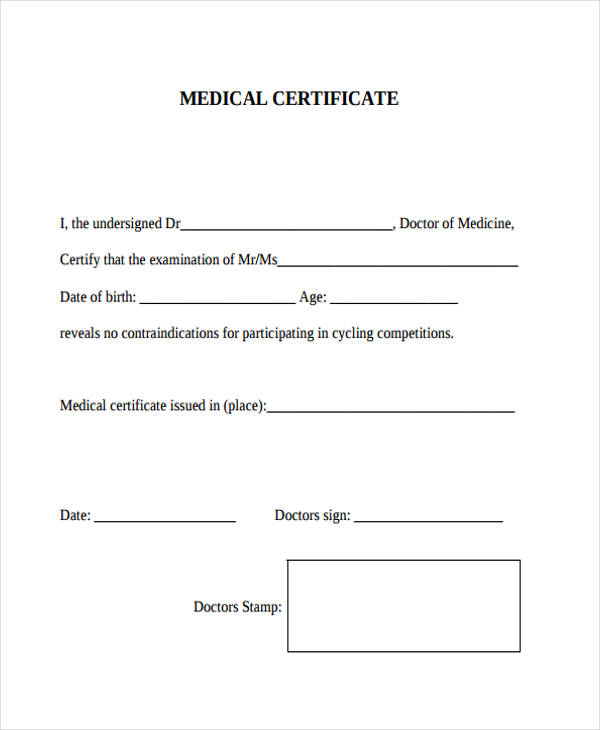Ever felt a nagging worry about whether your health condition will affect your university application? Maybe you’ve been grappling with a chronic illness, or recovering from a recent surgery, and you’re unsure about the documentation needed to prove your fitness for studies. This is where a medical certificate for university studies comes in – a vital document that can clear any doubts and pave the way for a seamless academic journey.

Image: www.vrogue.co
A medical certificate, in the context of university studies, is a formal document issued by a doctor or medical practitioner. It verifies the student’s health status, outlines any existing medical conditions, and confirms their ability to cope with the demands of university life. With its detailed explanation and relevant documentation, the medical certificate plays a crucial role in ensuring a student’s well-being and academic success.
Why is a Medical Certificate Important?
Universities, in their quest to provide a supportive and inclusive learning environment, need to ensure that all enrolled students have the physical and mental capacity to handle the academic rigors. This includes participating in lectures, tutorials, assignments, and even campus life activities. A medical certificate serves as a valuable tool in this process by:
- **Facilitating Transparent Communication:** It allows students to communicate their medical conditions openly and honestly with the university authorities. This transparency aids the university in making informed decisions regarding the student’s academic needs and ensuring appropriate support.
- **Ensuring Adequate Support:** The certificate can be used to request reasonable adjustments, such as extended deadlines, alternative assessment methods, or access to specific facilities. These adjustments are designed to minimize any challenges arising from the student’s health condition and ensure fair academic participation.
- **Creating a Safe Learning Environment:** For students with specific medical needs, the certificate can be crucial in identifying any potential risks and putting preventive measures in place. This could include notifying the university about specific allergies, ensuring the accessibility of emergency medical equipment, or implementing procedures for handling emergency situations.
Understanding the Content of a Medical Certificate
A typical medical certificate for university studies contains the following key information:
- **Student Details:** Name, date of birth, contact information, and student ID (if available).
- **Doctor’s Details:** Name, registration number, and contact information.
- **Date of Examination:** The date the student was examined by the doctor.
- **Medical History:** Details about the student’s past and current medical conditions, including diagnoses, treatments, and medications.
- **Physical and Mental Fitness:** An assessment of the student’s physical and mental ability to cope with the academic demands of the university. This could include aspects like attendance, participation in classes and exams, physical activities, and ability to manage stress.
- **Specific Adjustments:** If required, the certificate may outline specific adjustments or support services needed by the student. This could include assistive technology, personalized learning plans, or access to specialized resources.
- **Duration of Validity:** The certificate will typically have a specified period of validity, ensuring that the information remains relevant and accurate.
- **Doctor’s Signature:** The doctor’s signature confirms the authenticity of the certificate and the accuracy of the information provided.
Obtaining a Medical Certificate
The process of obtaining a medical certificate varies depending on the country, university, and your specific medical condition. Generally, the following steps are involved:
- **Consult your doctor:** Schedule an appointment with your regular doctor or a medical professional specializing in your health condition. They can accurately assess your health status and provide the necessary documentation.
- **Gather relevant medical records:** Bring any relevant medical records, such as hospital reports, previous diagnostic tests, and medication lists, to the appointment. This will help your doctor understand your medical history fully.
- **Discuss your university requirements:** Make sure to inform your doctor about the university you plan to attend and any specific requirements they have regarding medical certificates.
- **Request a certificate:** Ask your doctor to prepare a medical certificate that outlines your health status, any necessary adjustments, and the duration of validity.
- **Ensure the certificate is complete:** Before submitting the certificate, review it carefully to ensure all the required information and documentation are included.

Image: www.vrogue.co
Sample Medical Certificate for University Studies
While every medical certificate is tailored to the individual’s needs, here’s a sample that provides a general format and content:
[Doctor’s Name]
[Doctor’s Registration Number]
[Doctor’s Contact Information]
This is to certify that I have examined [Student’s Name] (Date of Birth: [Date of Birth], Student ID: [Student ID]) on [Date of Examination].
I have been informed of [Student’s Name]’s medical history, which includes [Brief Summary of Medical Condition(s)].
In my opinion, [Student’s Name] is capable of undertaking the academic demands of university studies. It is recommended that [Mention any specific adjustments or support services required].
This certificate is valid for [Duration of Validity].
[Doctor’s Signature]
[Date]
Key Considerations
While a medical certificate can be a vital document, it’s important to note a few crucial considerations:
- **Privacy and Confidentiality:** Remember that your medical information is confidential and should be treated with sensitivity. Discuss with your doctor the level of information you’re comfortable sharing with the university.
- **Honesty and Authenticity:** Always be honest about your medical conditions and ensure the information provided in the certificate is accurate. Providing false information can lead to serious consequences.
- **Respect for the University’s Policies:** Understand the university’s policies regarding medical certificates, including the required format and the deadlines for submission.
- **Proactive Communication:** Do not hesitate to communicate your needs to the university, their disability support services, or even your professors. Open communication ensures that appropriate support is provided throughout your studies.
Sample Medical Certificate For University Studies
Conclusion
A medical certificate for university studies serves as a bridge between your health and your academic aspirations. It’s a crucial step in ensuring a smooth transition into university life and a positive learning experience. By understanding its importance, content, and process, you can navigate this aspect of your academic journey with confidence. Don’t hesitate to communicate openly with your doctor, seek support from your university’s disability services, and remember that every step, big or small, contributes to a fulfilling academic experience.






